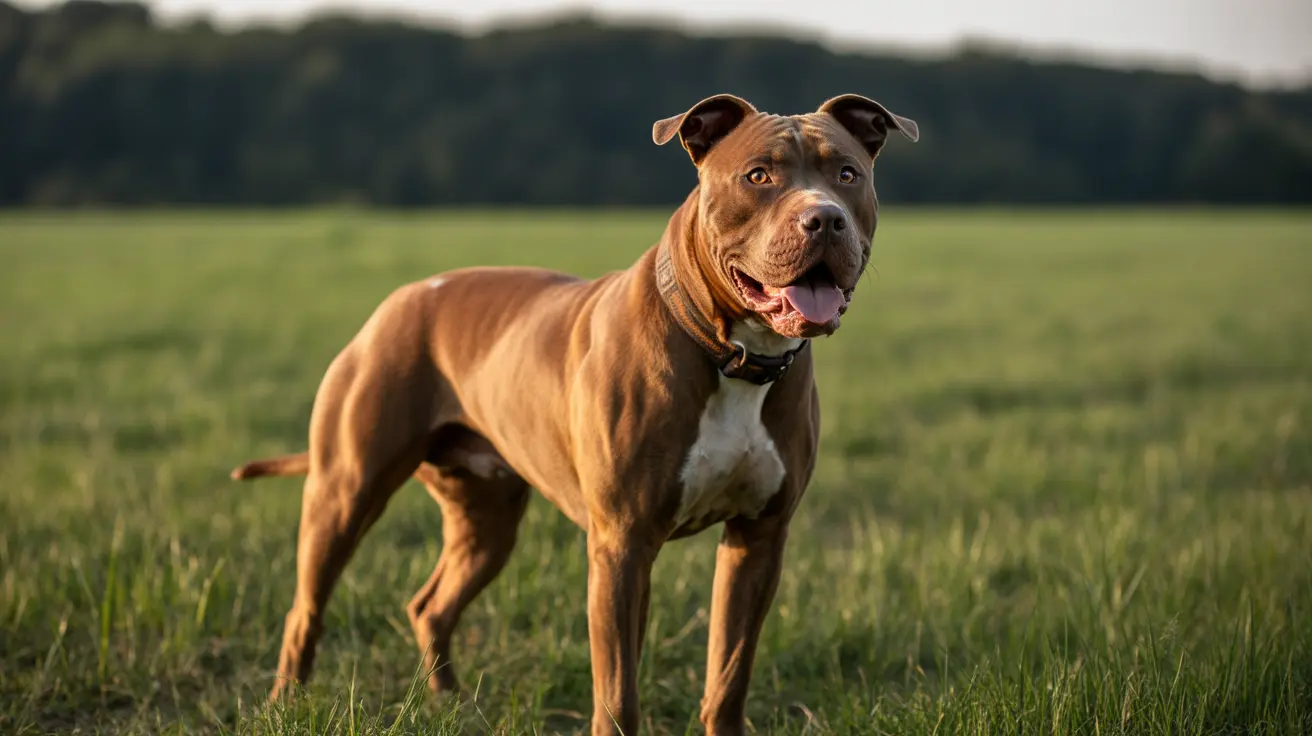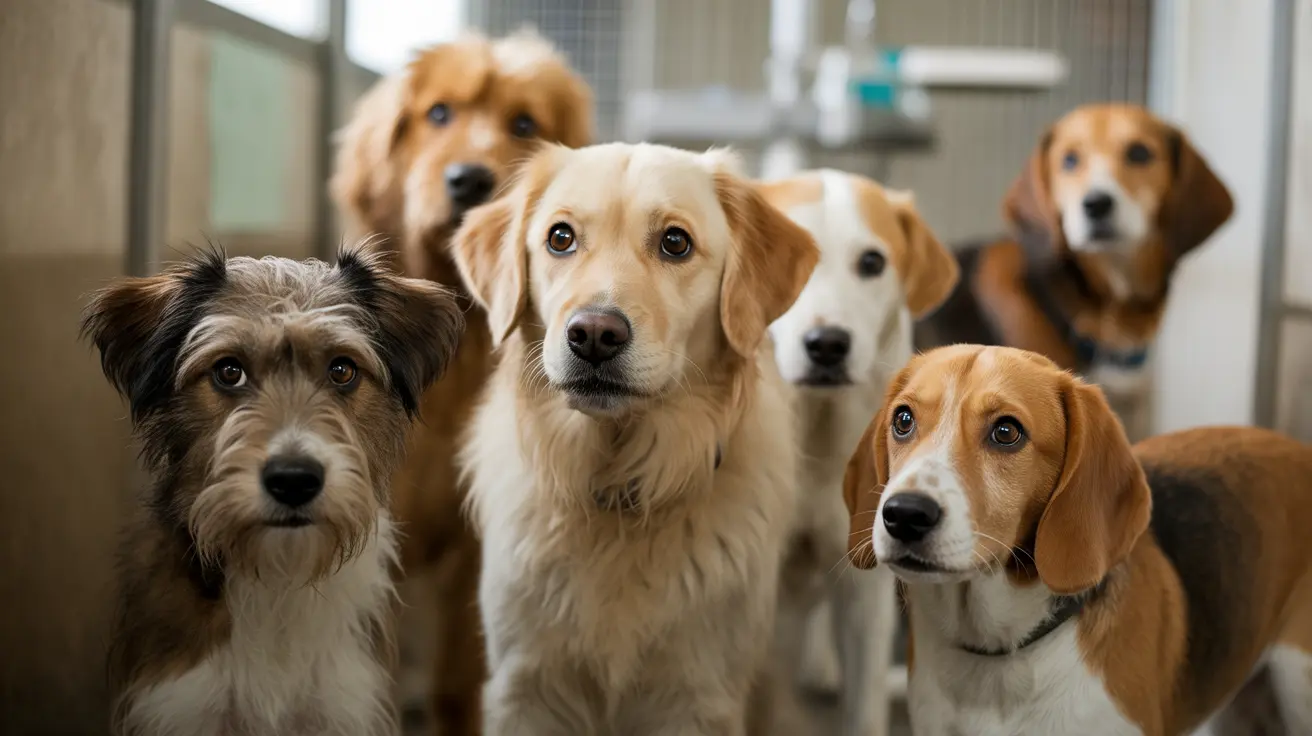If you've spent time on social media, you may have encountered posts about "down syndrome bulldogs" - but is there any truth to this common misconception? Let's explore the facts behind bulldogs' unique features and set the record straight about this widespread myth.
Understanding the genetic reality of bulldogs helps us provide better care for these beloved pets while dispelling harmful misinformation. This article will examine why bulldogs look the way they do and explain why the term "down syndrome" is scientifically inaccurate when applied to dogs.
The Science Behind Bulldog Features
Bulldogs' distinctive appearance results from centuries of selective breeding rather than any chromosomal condition. Their characteristic flat faces, wrinkled skin, and stocky builds are intentionally bred traits, not symptoms of a genetic disorder.
Unlike humans, who have 46 chromosomes, dogs have 78 chromosomes arranged in 39 pairs. Dogs lack an equivalent to human chromosome 21, which is responsible for Down syndrome in humans. This fundamental genetic difference makes it impossible for dogs to have Down syndrome as it occurs in humans.
Common Health Conditions in Bulldogs
While bulldogs don't have Down syndrome, they do face several breed-specific health challenges that require attention and care:
Respiratory Issues
Brachycephalic airway syndrome, caused by their flat facial structure, can lead to breathing difficulties and exercise intolerance. This condition requires careful monitoring and sometimes surgical intervention.
Skin Problems
The deep wrinkles characteristic of bulldogs can harbor moisture and bacteria, making them prone to skin infections. Regular cleaning and maintenance of these folds is essential for prevention.
Joint Issues
Hip dysplasia and other joint problems are common in bulldogs due to their body structure. Regular veterinary check-ups can help manage these conditions effectively.
Caring for Special Needs Bulldogs
Some bulldogs may be born with developmental or genetic conditions that require extra care. While these aren't Down syndrome, they deserve special attention:
- Regular veterinary check-ups
- Modified exercise routines
- Special dietary considerations
- Environmental accommodations
- Extra patience during training
Frequently Asked Questions
Can Bulldogs or Boxers have Down syndrome, and what causes their unique features?
No, dogs cannot have Down syndrome as it's specifically a human condition involving chromosome 21. Bulldogs' unique features result from selective breeding over many generations.
What symptoms in Bulldogs or Boxers are often mistaken for Down syndrome in dogs?
Flat faces, wide-set eyes, and sometimes delayed development may be mistaken for Down syndrome, but these are breed characteristics or separate medical conditions.
What are the most common health issues in Bulldogs and Boxers, and how do they differ?
Bulldogs commonly face breathing problems, skin infections, and joint issues, while Boxers are more prone to heart conditions and certain cancers. Each breed requires specific health monitoring.
How should I care for a Bulldog or Boxer with special needs or unusual appearance?
Focus on regular veterinary care, appropriate exercise, proper diet, and maintaining clean skin folds. Work with your vet to develop a specialized care plan based on your dog's specific needs.
Why do some people refer to certain dogs as having "Down syndrome," and is this medically accurate?
This misconception stems from physical similarities between some dogs' features and human Down syndrome characteristics. However, it's medically inaccurate as dogs cannot have Down syndrome due to their different chromosomal structure.
Conclusion
While bulldogs may have distinctive appearances and special care requirements, it's important to understand that they cannot have Down syndrome. Their unique characteristics come from careful breeding rather than a chromosomal condition. By understanding the true nature of bulldog genetics, we can better care for these special dogs while avoiding harmful misconceptions.






